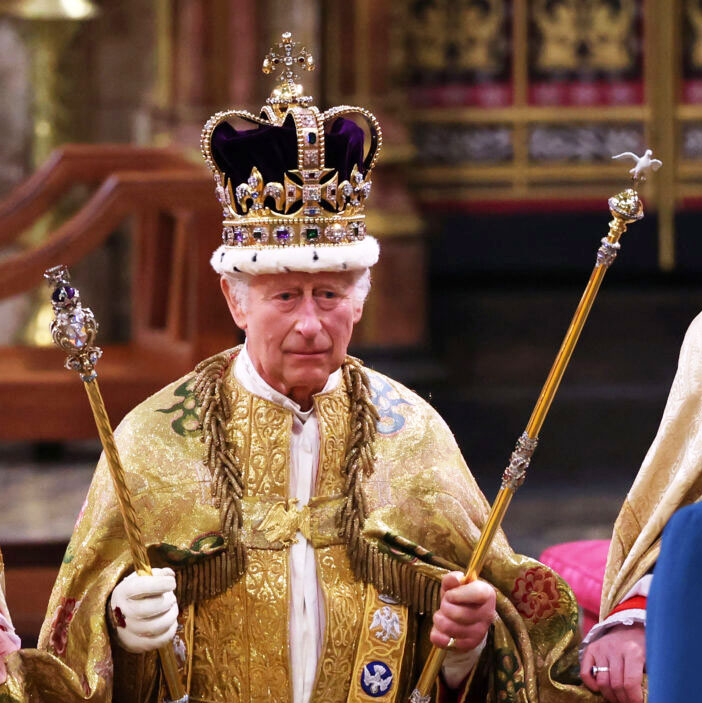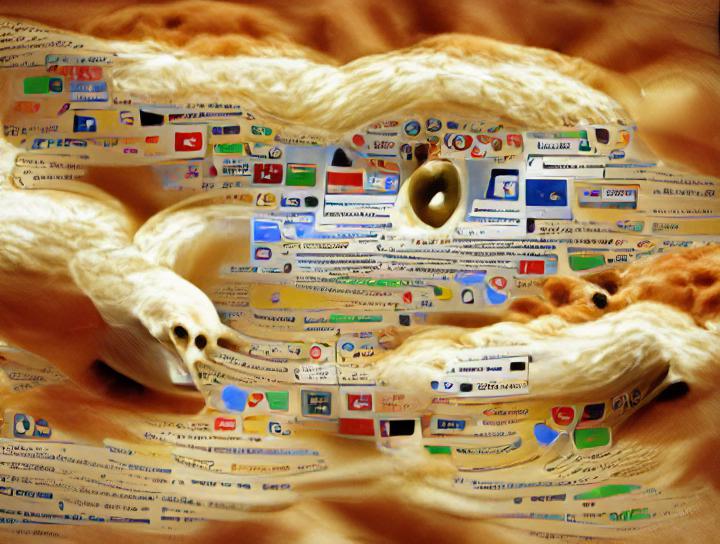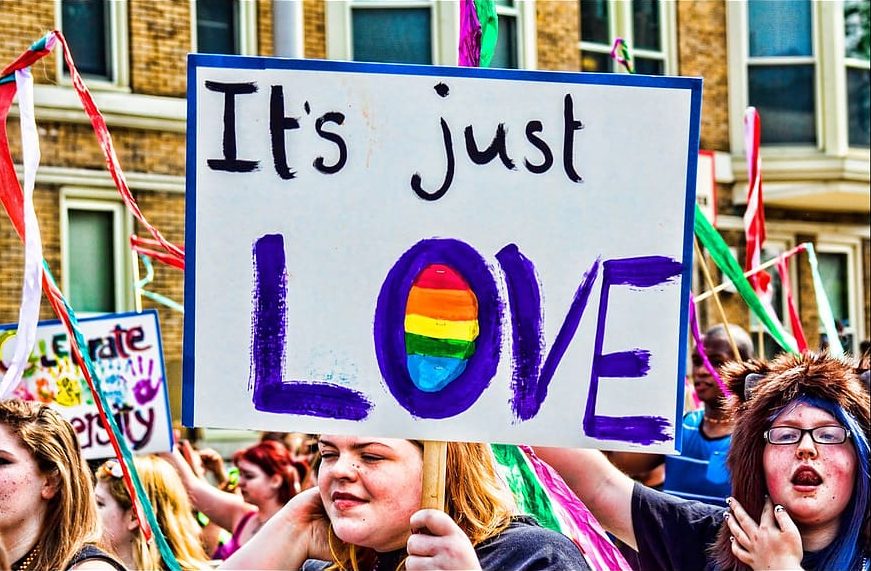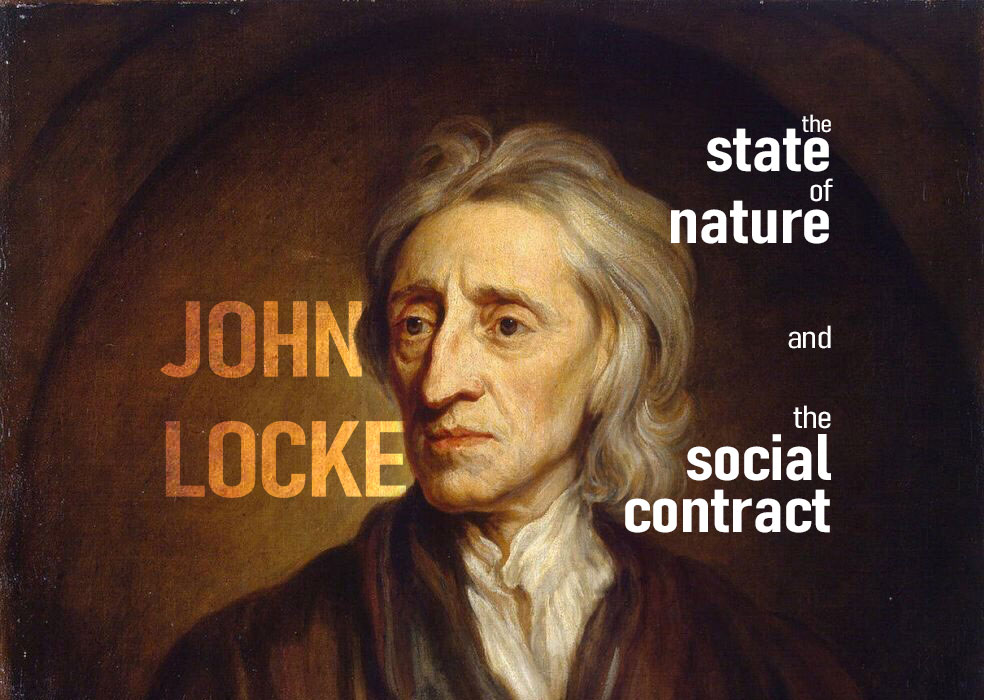Monarchs, Mythology, and Modernity
I. Coronation Day: A Tale of Two Londons
London awakens to a dawn unlike any other. It’s the day of coronation, the day when Charles, heir to the British throne for seventy years, finally receives the crown of king as King Charles III.
Westminster Abbey, a symbol of British history, stands resolute. Its gothic spires reach into the clear sky, casting long, solemn shadows over the city. This is the site where monarchs have been crowned for centuries, from William the Conqueror to Queen Elizabeth II. The Abbey’s ancient stones have witnessed the evolving narrative of monarchy, a concept that links the personal to the political, the individual to the nation.
Today, they will witness yet another coronation.
The streets around the Abbey bristle with festivity. Union Jacks flutter in the breeze. There’s cheer, there’s pomp, there’s a multitude of people, all gathered to partake in a ritual that seems, to some, as old as time itself.
But not everyone is feeling jovial. There are protests, placards, and chants. Signs reading “Not my king” bob in dissent. Over the loadspeakers set up in Trafalgar Square, boos can be heard over the chants of “God Save the King.”
Here are those who question the very institution of monarchy, who see it as a relic of a bygone era, a symbol of inequality and unearned privilege. This is the other London, the one that challenges, provokes, and demands change. Similar protests occur in other cities in Britain and the rest of the Commonwealth of which Charles is now King.
The monarchy, for better or worse, has always been a beacon for such debates. It’s a symbol of power, tradition, and stability, but also a trigger for discussions about democracy, representation, and fairness. To understand this paradox, we’re going to look into the intricate weave of history, politics, and philosophy that underpins the very concept of monarchy.
II. The Symbolic Head: Embodying a Nation
A head of state stands at the pinnacle of political hierarchy. But what does this role truly represent? To understand, we must delve into the symbolism attached to such a position.
In essence, a head of state is more than just a political leader. They become a living symbol, a personification of the state they represent. Their persona and their actions encapsulate national identity, unity, and continuity. They are the face of the nation, both domestically and internationally.
Consider Queen Elizabeth II. For over six decades, she had been Britain’s unifying figure. Her image, be it on stamps, coins, or in history books, became synonymous with the UK. Such longevity in public life engenders a sense of continuity. It’s a thread that links the Britain of post-World War II to the Britain of today. A head of state, thus, becomes a touchstone for national memory.
Unity, too, is embodied by the head of state. In times of national crisis or celebration, they are the rallying point. They provide a sense of collective identity, a singular figure that a diverse population can look towards. They are the ‘us’ in ‘us and them’, an important aspect in forming a collective consciousness.
This symbolic role has its roots in history. Monarchs, for example, were once seen as divine or semi-divine figures. They were the earthly representatives of gods, appointed to maintain order and justice. This bestowed upon them a unique status, elevating them above common humans.
Over time, the divine right theory lost its hold. But the symbolic power of the head of state persisted. The monarch evolved from a divine figure to a national figure. They retained their unique status, but it was now rooted in national, rather than divine, identity.
Critics, however, question this symbolic role. They argue that it is outdated and irrelevant in a modern democratic society. Yet, the persistence of monarchies and other forms of symbolic heads of state suggests a deep-seated human desire for such representation.
Whether one views the head of state as an embodiment of national unity and continuity or as an outdated symbol, the fact remains. This role, steeped in history and loaded with symbolism, continues to hold significance in the intricate dance of politics and power. The symbolic head persists, mirroring the society it stands for, reflecting its hopes, its fears, and its identity.
III. Evolving Crowns: The Changing Role of Monarchy
Monarchy is old. Ancient, even. But it is far from static. Over centuries, the institution has adapted, evolved, and transformed. It has continuously recalibrated its position within the wider societal and political landscape.
In the earliest monarchies, the king wielded absolute power. He was lawmaker, judge, and executor. His word was law. His authority, unchallenged. This was the era of absolute monarchy, where the king’s power was seen as derived directly from the divine. Think Louis XIV of France, the “Sun King”, who famously declared, “I am the state”.
But times change. So did monarchies.
The Age of Enlightenment in the 17th and 18th centuries challenged the idea of absolute monarchy. Philosophers argued for the separation of powers and the concept of popular sovereignty. The monarch was no longer the state. The people were. As a result, monarchs’ power began to wane. They transitioned from rulers to figureheads, from active participants in governance to symbolic heads of state.
Britain offers a prime example. The Magna Carta of 1215 was an early sign of this shift. It limited the king’s powers and established the principle of rule of law. Fast forward to the 21st century, and the British monarch’s role is largely ceremonial. The monarch doesn’t make laws; Parliament does. Yet, the monarch remains an integral part of the nation’s identity.
Modern monarchs, particularly in democratic societies, have a delicate balance to maintain. They are expected to embody the nation and its values, to provide a sense of continuity and stability. At the same time, they must adapt to changing societal norms and expectations. They must reinvent themselves, without losing the essence of their role.
King Carl XVI Gustaf of Sweden presents a case in point. He ascended the throne in 1973. Two years later, Sweden became a parliamentary democracy, and his role was drastically reduced. Despite the changes, he continues to be a unifying figure, representing Sweden on the global stage.
The evolving role of monarchy reflects the broader changes in society. It mirrors shifting power dynamics and changing societal values. Yet, amidst these changes, the institution has shown a remarkable ability to survive and adapt. Today, monarchies exist in various forms across the globe, from absolute monarchies like Saudi Arabia to constitutional ones like Spain.
Monarchies have come a long way from the days of divine right and absolute power. Yet, they remain a significant part of the political landscape, morphing and adapting, just as they have for centuries. Whether they continue to do so in the future is a question that remains to be seen.
IV. Philosophical Musings: Questioning the Throne
Every institution faces scrutiny. Monarchy is no exception. Philosophical perspectives on the role of the head of state vary widely. Some see value in the continuity it provides. Others question its relevance in a democratic society.
Take Thomas Hobbes, a 17th-century English philosopher. He advocated for a strong, undivided government. For him, monarchy was the best form of such a government. Hobbes believed that a single, absolute ruler was necessary to prevent societal collapse into chaos and conflict. His philosophy is an example of a pro-monarchy stance.
John Locke, Hobbes’ contemporary, had a different view. While he did not explicitly reject monarchy, he championed the idea of government by consent. For Locke, any form of government, monarchy included, was only legitimate if it had the consent of the governed. His ideas influenced democratic thought, challenging the idea of divine right of kings.
Fast forward to the 19th century. Karl Marx, the father of communism, was staunchly anti-monarchy. He saw it as a part of the class system that perpetuated inequality. For Marx, a monarchy was not just undemocratic, it was exploitative. It was a system to be overthrown, not upheld.
These philosophical perspectives highlight the complexity of the issue. The question of monarchy is not just about power and politics. It’s also about democracy, representation, and fairness.
However, the debate doesn’t stop at monarchy. It extends to the very idea of nations and nationalism. Critics question the need for a single, unified national identity. They argue that such identities are often artificially constructed and can exclude minorities. In this view, the head of state, as a symbol of national identity, becomes a tool of exclusion.
Yet, there are counterarguments. Proponents of nationalism argue that a shared national identity can foster solidarity. It can provide a sense of belonging and community. The head of state, in this view, is a unifying figure. They can represent common values and aspirations, helping to bind diverse individuals into a single nation.
The dialogue around heads of state is a complex one. It spans centuries and crosses disciplines. It encompasses issues of power, democracy, representation, and identity. And it shows no signs of resolution. The monarchy, and the role of the head of state more broadly, will likely continue to provoke debate and reflection for years to come. It’s a testament to the enduring relevance of these roles, and the complexities they embody.
V. Relevance of Monarchy Today: Modern Applications and Significance
The role of monarchy in the 21st century is a subject of ongoing debate, as societies grapple with the challenges and opportunities presented by globalization, technological advancements, and shifting cultural norms. Monarchs must navigate these complexities, balancing tradition with innovation to remain relevant in a rapidly changing world.
In contemporary society, many monarchs have adapted their roles to align with modern values and expectations. They have embraced philanthropy, championing social and environmental causes, and using their influence to promote positive change. For example, King Carl XVI Gustaf of Sweden is an advocate for environmental conservation, while Queen Mathilde of Belgium focuses on issues such as mental health and child welfare.
Monarchs also play a role in diplomacy, often serving as ambassadors for their countries. Their unique position allows them to engage in international relations, fostering connections and goodwill between nations. For instance, King Willem-Alexander of the Netherlands regularly participates in trade missions and state visits to promote Dutch interests abroad.
Despite these contributions, the relevance of monarchy in today’s world remains a contentious issue. Critics argue that the institution is anachronistic and ill-suited to address contemporary challenges. They contend that resources spent on maintaining the monarchy could be better used elsewhere, such as education or healthcare.
Proponents of monarchy, on the other hand, maintain that the institution offers stability and continuity in an increasingly volatile world. They argue that a non-partisan figurehead can provide a sense of unity and national identity, transcending the divisive nature of politics.
The future of monarchy is uncertain, as political, social, and economic forces continue to shape the institution. Some predict that the relevance of monarchies will decline, while others foresee a resurgence of interest in the values and traditions they embody.
As we consider the role of monarchy in the modern world, we are challenged to examine our own beliefs about governance, power, and the nature of leadership. The debate over the relevance of monarchy encourages us to reflect on the values we hold and the institutions that best embody them. In doing so, we engage in a broader conversation about the nature of progress, tradition, and the evolving role of the head of state in the 21st century.
VI. Further Exploration: Delving Deeper into the Philosophy of Monarchy
The philosophical inquiries surrounding monarchies, heads of state, and national identity are both rich and complex. As we continue our exploration of these topics, it is valuable to delve into the works of thinkers, scholars, and writers who have shaped the discourse on monarchy and governance.
Among the classic texts, Thomas Hobbes’ “Leviathan” and John Locke’s “Two Treatises of Government” offer contrasting perspectives on the role of the head of state and the nature of political power. Hobbes’ defense of strong, centralized authority and Locke’s advocacy for limited government and popular sovereignty provide a foundation for understanding the evolution of political philosophy.
For a broader examination of political systems and the role of monarchy within them, Montesquieu’s “The Spirit of the Laws” is a crucial work. His ideas on the separation of powers and balanced government have influenced the development of constitutional monarchies and modern democratic institutions.
Critiques of nationalism and the concept of nations can be found in Benedict Anderson’s “Imagined Communities,” which delves into the social construction of national identity. This work challenges traditional notions of nations and nationalism, offering an alternative perspective on the role of monarchs as symbols of national unity.
To understand the historical development of monarchy and its place in the modern world, David Starkey’s “Crown and Country: A History of England through the Monarchy” provides a comprehensive account of the British monarchy’s evolution. This text traces the institution’s transformation from an absolute power to a constitutional figurehead.
Finally, for those interested in the future of monarchy, Vernon Bogdanor’s “The Monarchy and the Constitution” offers a thorough analysis of the constitutional role of the British monarch and the challenges facing the institution in the 21st century.
By engaging with these works, we deepen our understanding of the philosophical questions surrounding monarchy, heads of state, and national identity. As we reflect on the coronation of King Charles III, we are reminded of the enduring allure and complexity of these themes. Our exploration of these topics invites us to ponder the nature of power, representation, and the role of tradition in contemporary society.



